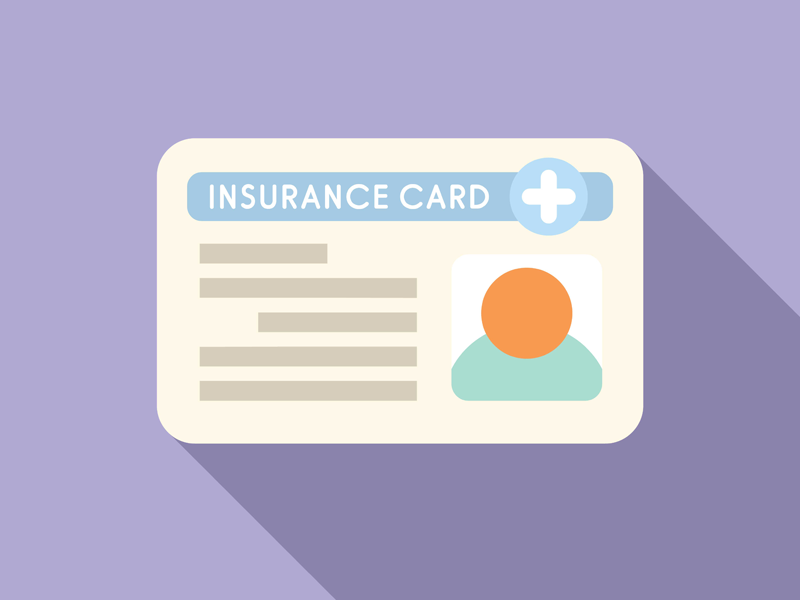Different types of technological advancements are making their way into physicians’ practices and helping them manage their workflow better. Insurance eligibility verification got a makeover recently with the introduction of digital health insurance cards. According to a news report from the American Association of Family Physicians (AAFP), private health insurance companies like Aetna are expanding the use of digital ID cards for their plan members. An increasing number of patients are presenting their health insurance ID card as an image stored on a digital device or as a printed paper copy.
The trend is fuelled by patient demand for this technology and physicians’ practices need to adapt to it. The electronic ID card has all the information that a printed plastic ID card contains. This convenient approach offers patients quick access to their ID card information through an app on their phone. Of course, health insurers allow their patients to choose which format they want their card in. Nevertheless, while they still issue plastic cards, they are encouraging consumers to have a digital version on their mobile phones.
Verifying patient eligibility is a time and resource consuming task, which is why most practices opt to outsource it. An insurance verification service company checks patients’ insurance benefits prior to the appointment, helping physicians to save time and avoid hassles of non-payments. The process starts at the front desk. Established companies provide a comprehensive service package that covers everything from patient registration, scheduling and enrollment to insurance verification and authorization and updating of the medical billing system with the details. Preparing patient charts in advance and completing the crucial insurance eligibility check can save considerable time in the patient check-in process. To verify coverage, a reliable service provider will call up payers and also contact patients, if necessary.
On physician response to the digital ID approach, AAFP reports the following issues:
- it posed problems for medical billing as that it was not easy to input the information into the practice electronic health record
- not all physicians’ offices are equipped to take a printout of the digital ID
- it causes delays in administrative work
Nevertheless, as the trend catches on with patients, practitioners are preparing to deal with digital health insurance IDs. For instance, carriers like Aetna are now familiarizing both patients and practitioners on the various formats in which ID card are accessible such as
- the conventional plastic card
- an image saved on a digital device or
- a paper copy printed out by patients or providers from the insurer’s web portals
Physicians should know all of these formats are acceptable as proof of insurance and can be used for patient benefit verification.




